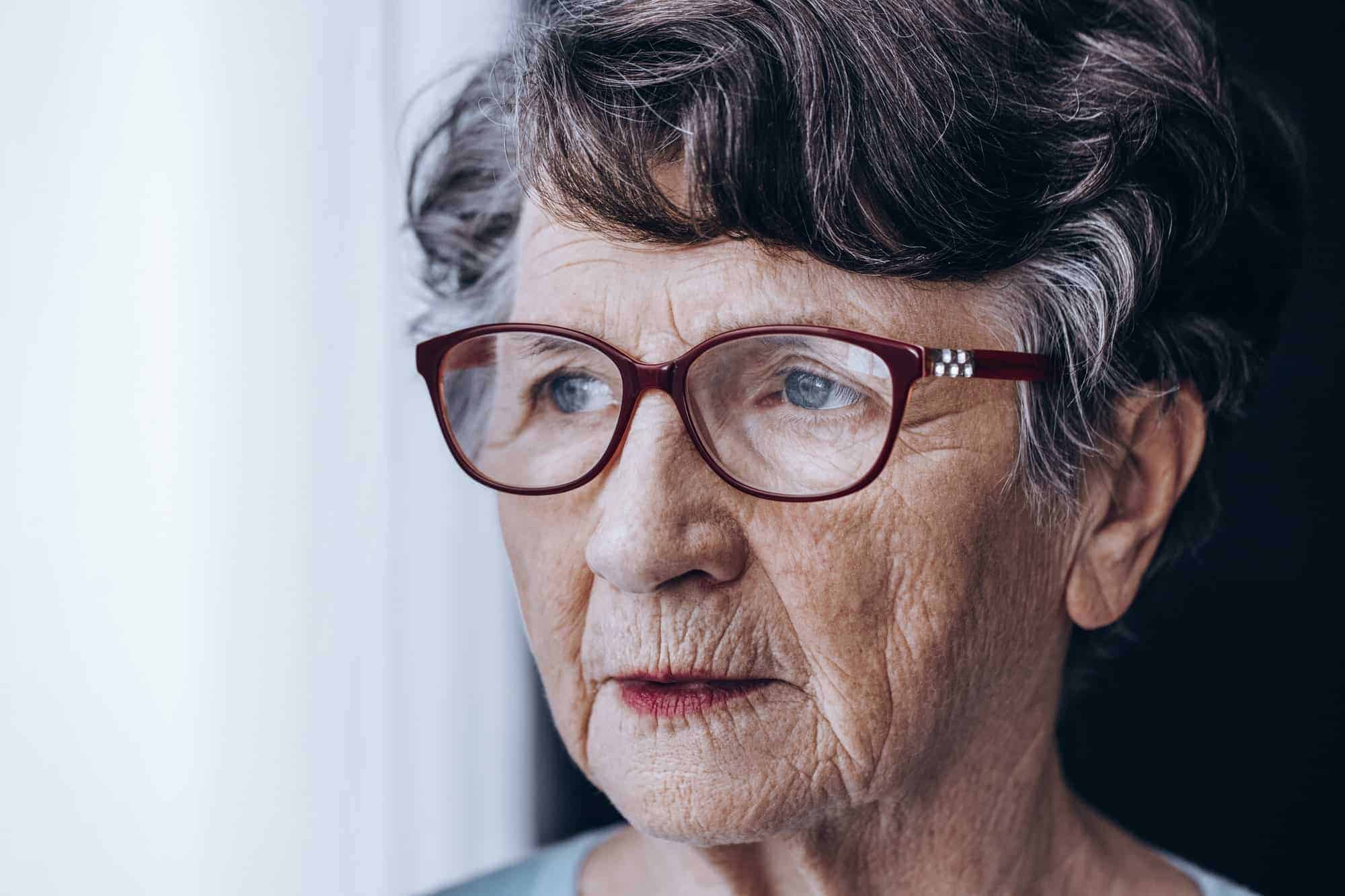Wondering what hospice services can do for your family? You’ll be surprised! Hospice care provides help with life’s necessities, including spiritual support, physical care, and mental health.
Medicare helps cover hospice benefits for terminally ill patients.
Hospice care ranges from managing a patient’s pain and symptoms to emotional and spiritual assistance at the time of death. Hospice is a team effort, with an interdisciplinary team providing necessary drugs, medical supplies, and equipment. Hospices also instruct the family on how to care for the patient outside of the hospice.
In addition to providing care, we offer special services for when your loved ones need more care than they can get at home, such as physical and speech therapy.
We also offer inpatient care when the pain is too much for them to manage at home or if you need some time off to recover. Also, we offer bereavement care and counseling to the family and friends of the patient.
A Great Team Is What Makes The Difficult Time Easy
Although Medicare hospice benefits have been proven valuable, it’s crucial to note that they often require a great team. These benefits can only be enjoyed and meaningful for the bulk of the time if a beautiful team is in place.
This multi-professional team is a team of experts all working together to provide the best care possible. They have expertise in many areas and work together on the plan of respect for the patient, coordinating with all those involved with the maintenance. This team considers all aspects of the family and supports both the patient and their caregivers.
Patients come first at this home. The care they provide is only patient-centric, and they make sure that family members are included in all decisions and care planning.
Medicare Hospice Benefits: The Hospice Care Experts That Get The Job Done
Medical Director:
Hospices need doctors. They are the “medical directors” and are in charge of the medical care program for patients. The medical director is a critical player in the teamwork between the various disciplines of medicine. They work closely with the attending physician to serve as a mediator, helping to resolve different opinions or disagreements that may arise.
Nurse Coordinator:
A hospice’s nursing team is essential to the care plan. They are the ones who coordinate the care of each patient with their hands-on skills and initial assessment. The registered nurse is the one who admits the patient to the hospice program and develops the plan of care along with the interdisciplinary team.
A nurse coordinator is responsible for coordinating care, assigning hospice nurses and aides, facilitating meetings, and managing payments. In addition, the coordinator is responsible for controlling the quality of care.
Social Worker:
Social workers are a valuable resource for those in need of emotional or social support. They evaluate and assess the needs of the patient. They also assist the patient and caregiver with emotional and grief issues as well as helping to find community resources. In addition, they help clients organize their insurance paperwork.
Social workers can help patients and their families with counseling when communication issues arise. In addition to that, they help bridge the gaps between the family and the hospice company.

Spiritual Coordinator:
Often, a spiritual coordinator is affiliated with a church to build relationships with the spiritual community. They must have a seminary degree and a strong knowledge of a variety of religions. The spiritual coordinator aids in interfacing between the spiritual community and the interdisciplinary team by performing a spiritual assessment and maintaining the patient’s beliefs.
The spiritual coordinator is also there to help with the more emotional and mental issues.
They go beyond the physical care of the patient, developing a plan for spiritual matters. The coordinator can help with fears and uncertainty and even funeral planning. This role is vital for maintaining the public image of the hospice company.
Volunteer Coordinator:
As a volunteer coordinator, it is essential to have experience in the field. Volunteers provide companionship, emotional support, and caregiver relief. They can read to patients, accompany them during appointments, or do grocery shopping or yard work. Volunteering to help others improves the quality of life, allowing people to spend more time doing things that are not directly related to medical care.
Bereavement Coordinator:
Working in palliative care requires special training in sorrow management. This position primarily deals with patients at the end of life, assessing patients and caregivers for risk factors. The professional is also required to follow the suffering caregiver for at least a year after their death. They may also provide counseling or refer to other counseling resources.
Hospice Pharmacist:
All hospices need a pharmacist with a license. These professionals are there to answer any questions a hospice patient may have about the drugs they’re taking. They evaluate drug-drug interactions, dosage, administration time, and route to ensure the drugs are being taken correctly.
Pharmacists are now one of the most influential people in the healthcare field. They’re now well-versed in preventing medication errors, as well as counseling patients about those same errors.
Dietitian Consultant:
Dietitian consultants should be licensed medical, nutritional therapists and should always consult with their patients. Hospice nurses do assessments at admission and refer the patient to the dietitian consultant if they notice any dietary problems. A dietitian consultant can help improve the quality of life for hospice patients.
Hospice Aide:
As a certified nurse assistant, an aide is responsible for implementing a patient’s plan of care. This includes assisting patients with bathing and personal care, as well as providing light housekeeping services. A hospice nurse supervises the aide.
Other Service Providers
The hospice team may also have some other professionals if needed, which may include the following positions:
- Physical therapist
- Speech-language pathologist
- Occupation therapist
These positions are not for rehabilitative services but may be necessary to improve the hospice patient and caregiver’s quality of life and care.

The Hospice’s Responsibility After A Patient’s Death (Bereavement Period)
The final days of hospice care are not the only time the terminally ill patient is cared for. After death, the family may need bereavement support for one year. Though the family has prepared for the physical loss, it can be an emotional time adjusting to life without its loved one.
The hospice staff grieves for their patients, too. They go through a long grieving process just like the patients, but it’s much more difficult to care for themselves than the patients in many cases. Hospices provide support to their staff by holding support meetings and giving them time to heal.
This is important for society because it keeps everything stable and healthy after losing people who have touched many lives.
Ethical Issues in Hospice Care
Ethical decisions can complicate hospice care because it involves many ethical decisions throughout the process. For example, one may need to withhold or withdraw nutritional support, refuse treatment, and do not resuscitate (DNR) orders.
These issues are difficult to handle, but hospice care professionals have been trained to avoid these problems through consultations and risk assessments.
Nurses should abide by ethical policies and procedures when a patient’s wishes are unknown, such as with a living will or power of attorney. It is also crucial to know the organization’s policies and procedures to help nurses address any questions or concerns quickly and correctly.
Quality Care at the End of Life
Patients often live in hospices when they near the end of their life. It is their right to receive quality care, and it is the responsibility of the hospice to provide that. Medial staff can collect feedback from family members, patients, and employees through surveys and inspections to improve future hospice plans. Quality assurance programs are crucial to minimizing errors and should be put in place to ensure that patient needs are met.
Talk To A Hospice Care Expert
AmeriprimeHospice Care is a leading hospice care provider, and we’re confident we can help you. Our team of experts is on hand to answer any questions you may have — contact us, and we’ll take care of you. Contact us today and start your journey towards better health and peace of mind.
___________
Hospice Performance Reports
The National Summary of Hospice Care published the following reports, which can help determine hospice performance.
NHPCO Performance Measure Reports:
NHPCO members also have access to
national-level summary statistics for the following NHPCO performance measurement tools:
Patient Outcomes and Measures (POM)
Pain relief within 48 hours of admission (NQF 0209)
Avoiding unwanted hospitalization
Avoiding unwanted CPR
Family Evaluation of Bereavement Services (FEBS)
Survey of Team Attitudes and Relationships (STAR) (www.nhpco.org/star)
Job satisfaction (hospice-specific)
Salary ranges
Provider-level results




